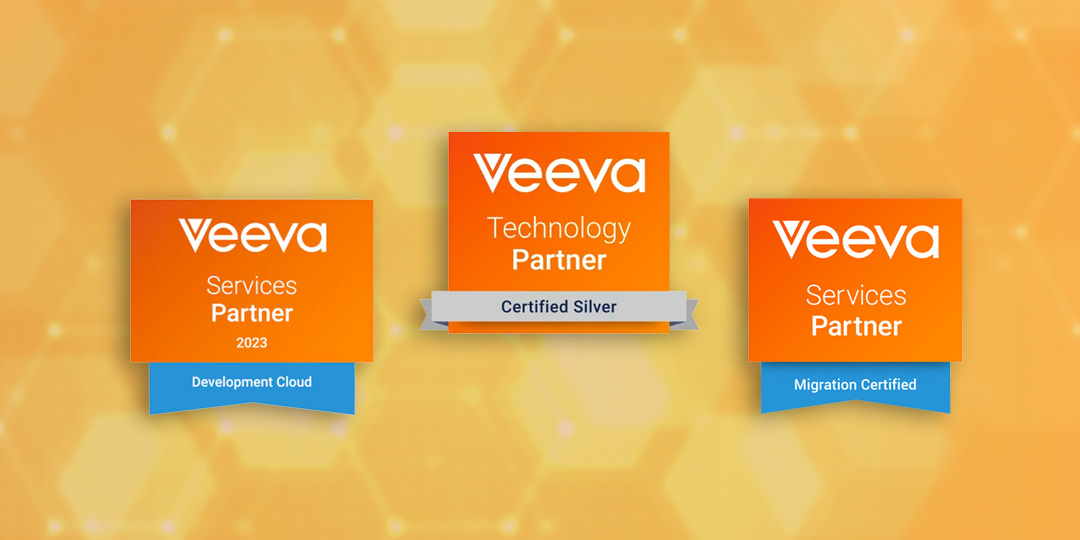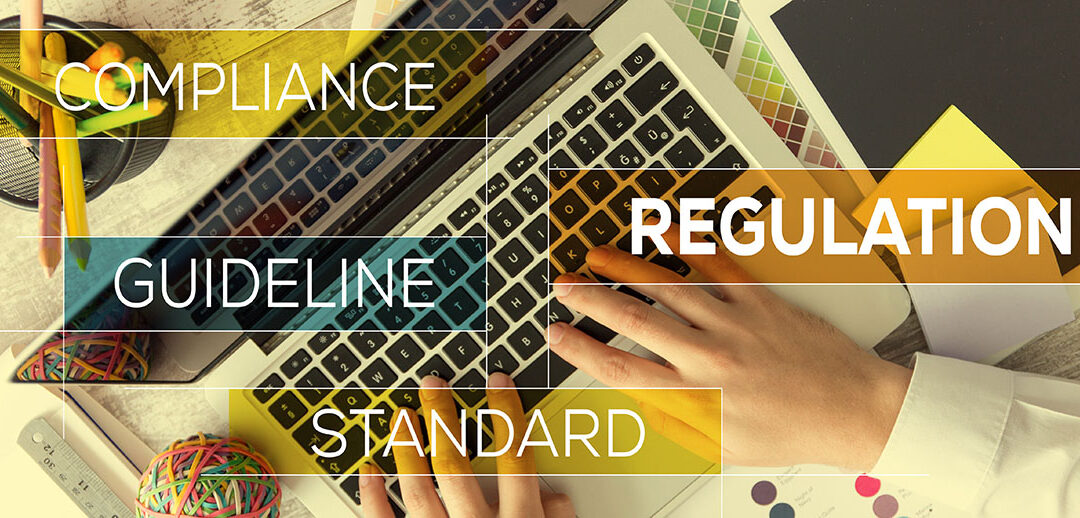
Migration strategy and the path to operational resilience
Over the past few years, an effective digital transformation has been underscored emphatically as a prerequisite for long term business success. Complacency around operational and digital resilience now represents a legitimate existential threat to enterprises in any industry, both from a competitiveness and regulatory compliance perspective.
At its core, digital operational resilience describes an enterprise’s ability to mitigate the risk of spontaneous server outages, rapidly recover from service interruptions and maintain a bird’s eye view of potential systems vulnerabilities. Upgrading to modern solutions and maintaining legacy data in those solutions with an effective data migration strategy is an important aspect of robust digital resilience strategies. This article introduces the importance of an effective migration strategy within a digital transformation process, the approaches being adopted by industry leaders, and best-in-class examples that can accelerate business value.
The link between data migration and regulatory compliance
While data migration has become an integral process in the digital transformation game, it is often overlooked as a core facet of regulatory compliance. Botched or poorly executed data migrations can be catastrophic from an operational point of view – leading to data loss, data corruption and unnecessary downtime – and can also incur heavy regulatory sanctions. If personal data is lost or compromised during a migration, it can result in legal and financial penalties, reputational damage, and loss of customer trust. For example, if a company can’t produce the required documentation for review and approval, it can impede drug certification and undercut revenue.
To add to the challenges, public discourse around data privacy has intensified over the past few years, with new frameworks being implemented to protect users’ Personally Identifiable Information (PII): General Data Protection Regulation (GDPR), the California Consumer Privacy Act (CCPA) and the Data Protection Shield are just some of the regulatory initiatives designed to safeguard user data in recent years. This new regulatory minefield has forced enterprises to rigorously assess their processes for handling and storing user data and has amplified the case for robust data migration strategies when integrating new systems and combining data in corporate merger processes. It is essential that data is held securely and that the processes for protecting that data fit snugly within regulatory parameters. Effectively planning a migration to a new system can also enhance data security, while also ensuring that the data is accessible for deletion in accordance with GDPR stipulations. Additionally, enhanced data control and security can greatly mitigate the risk of data breaches and associated regulatory penalties.
According to a 2022 survey by digital infrastructure company Equinix, complying with data regulations was a top priority within the technology strategies for 87% of US organizations’, with 83% acknowledging IT infrastructure migration to the cloud as a top priority. The groundswell of momentum powering enterprises’ migration to cloud based servers from on-prem physical servers shows no signs of slowing down. We believe that innovative data migration technology will be a key component of successful digital transformations to advanced technologies. Luckily for businesses today, the development of advanced data migration technology is bringing more transparency into the data migration process with an established content migration tool, giving enterprises a diverse set of tools to choose from to ensure they are well equipped to thrive in today’s frenetic digital environment
Trust proven, consistent experts
The often-ignored truth is that data migration is a complex endeavor that touches multiple departments and roles that need to coordinate tasks, requirements, and timelines. By leveraging innovation partners with demonstrable expertise in the data migration arena just like our Migration Services team, companies can now navigate the migration journey with a greater sense of confidence. To be successful, migration experts and implementation consultants of the target system should have a common understanding of the business objectives. In an ideal scenario, consultants should be available for the entire duration of the project, to ensure consistency of service delivery. Rotating personnel on the project might incur delays as they will need to be briefed thoroughly on the progress or could lead to impaired decision making that doesn’t fully factor in legacy efforts.
Understand your ‘why’
Organizations undertake data migration for a variety of reasons, such as strengthening system security, enhancing customer service capabilities, or driving operational efficiencies. Perhaps a streamlined platform is being implemented to support different business processes, establish a new data warehouse, or merge new data from other sources.
Before any prospective migration program is initiated, there must be a consensus and unified vision from leadership around the desired outcome and goals of the initiative. Irrespective of the initial rationale, the end goal is to have streams of up-to-the minute and accurate data sets which can enable businesses to personalize their services and boost customer retention, while developing a more nuanced understanding of key demographics. In both instances, data should be in the system, either the master data or all relevant registration objects.
In future articles, we will discuss key steps for the preparation phase, and what core considerations should be made before project initiation.
Conclusion and next steps
Whatever the reason for the data migration, the goal of all stakeholders is to provide a solution to the business in order to improve business performance and ensure competitive advantage. To achieve this, they should give more attention to data migration and be smarter in the assessment, planning, and migrating data with experts that have experience and knows the business in the life science industry.
fme has been guiding global pharmaceutical and manufacturing firms through their complex migration journeys for over 20 years. We’ve even developed our own proprietary tool migration-center to enable seamless migrations with minimal downtime. Contact us to discuss your challenges and start your journey on the right path.
 fme AG
fme AG fme SRL
fme SRL




